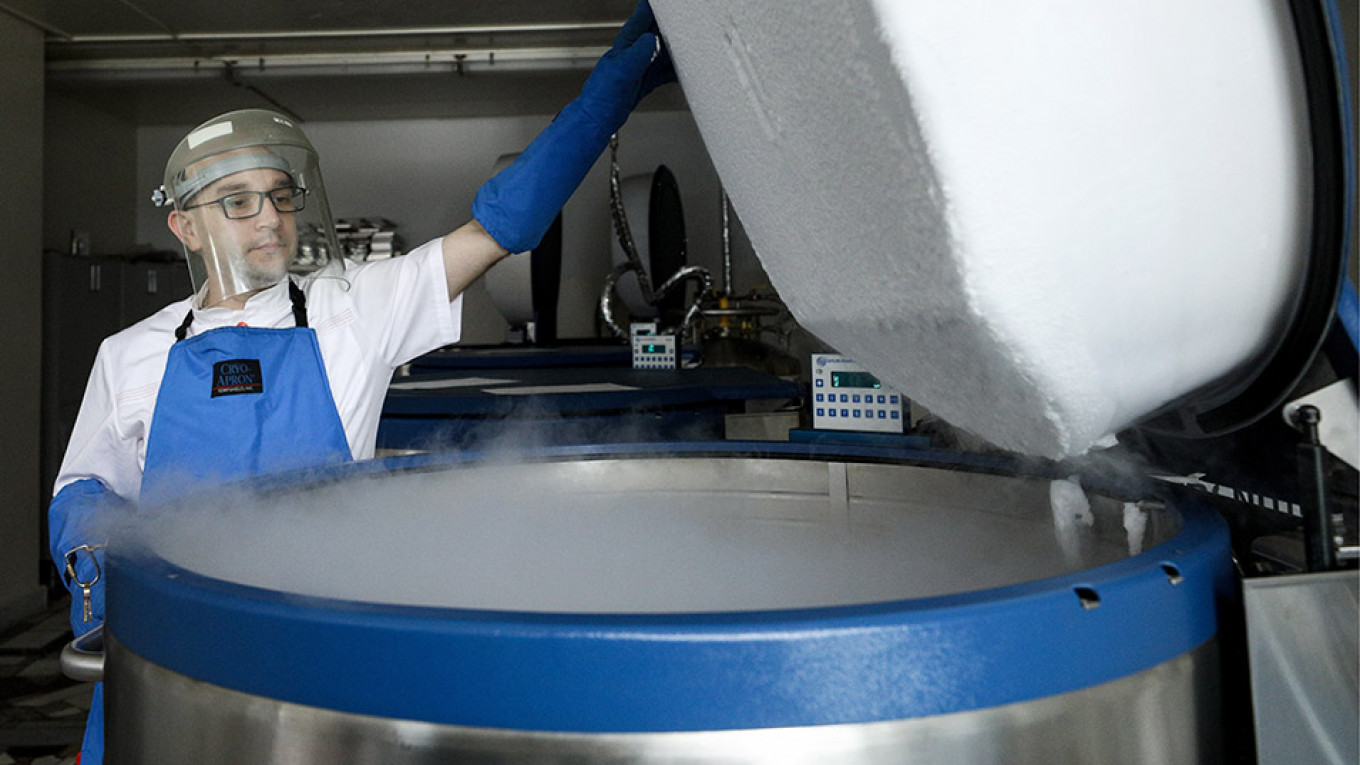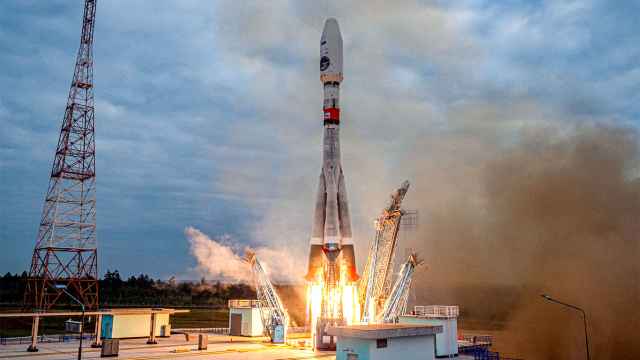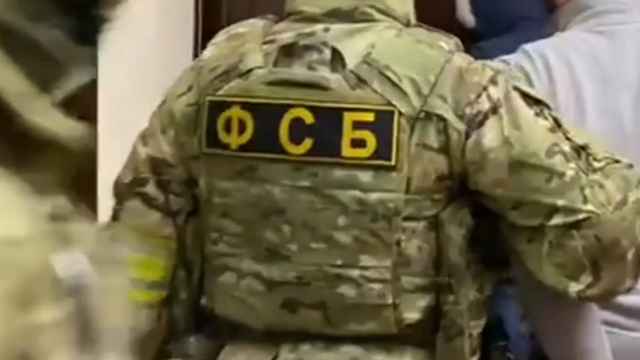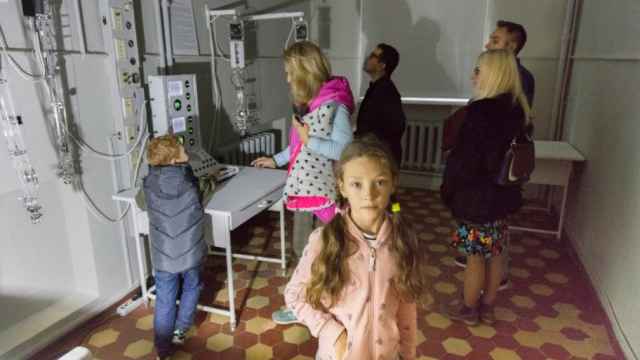When Alexei Voronenkov's 70-year-old mother passed away, he paid to have her brain frozen and stored in the hope breakthroughs in science will one day be able to bring her back to life.
It is one of 71 brains and human cadavers — which Russian company KrioRus calls its "patients" — floating in liquid nitrogen in one of several meters-tall vats in a corrugated metal shed outside Moscow.
They are stored at minus 196 degrees Celsius with the aim of protecting them against deterioration, although there is currently no evidence science will be able to revive the dead.
"I did this because we were very close and I think it is the only chance for us to meet in the future," said Voronenkov who intends to undergo the procedure, known as cryonics, when he dies.
The head of the Russian Academy of Sciences's Pseudoscience Commission, Evgeny Alexandrov, described cryonics as "an exclusively commercial undertaking that does not have any scientific basis," in comments to the Izvestia newspaper.
It is "a fantasy speculating on people's hopes of resurrection from the dead and dreams of eternal life," the newspaper quoted him as saying.
Valeriya Udalova, KrioRus's director who got her dog frozen when it died in 2008, said it is likely that humankind will develop the technology to revive dead people in the future, but that there is no guarantee of such technology.
KrioRus says hundreds of potential clients from nearly 20 countries have signed up for its after-death service.
It costs $36,000 for a whole body and $15,000 for the brain alone for Russians, who earn average monthly salaries of $760, according to official statistics. Prices are slightly higher for non-Russians.
The company says it is the only one in Russia and the surrounding region. Set up in 2005, it has at least two competitors in the United States, where the practice dates back further.
Voronenkov said he set his hopes on science. "I hope one day it reaches a level when we can produce artificial bodies and organs to create an artificial body where my mother's brain can be integrated."
KrioRus' director Udalova argues that those paying to have dying relatives' remains preserved are showing how much they love them.
"They try to bring hope," she said. "What can we do for our dying relatives or the ones that we love? A nice burial, a photo album," she said. "They go further, proving their love even more."
A Message from The Moscow Times:
Dear readers,
We are facing unprecedented challenges. Russia's Prosecutor General's Office has designated The Moscow Times as an "undesirable" organization, criminalizing our work and putting our staff at risk of prosecution. This follows our earlier unjust labeling as a "foreign agent."
These actions are direct attempts to silence independent journalism in Russia. The authorities claim our work "discredits the decisions of the Russian leadership." We see things differently: we strive to provide accurate, unbiased reporting on Russia.
We, the journalists of The Moscow Times, refuse to be silenced. But to continue our work, we need your help.
Your support, no matter how small, makes a world of difference. If you can, please support us monthly starting from just $2. It's quick to set up, and every contribution makes a significant impact.
By supporting The Moscow Times, you're defending open, independent journalism in the face of repression. Thank you for standing with us.
Remind me later.






